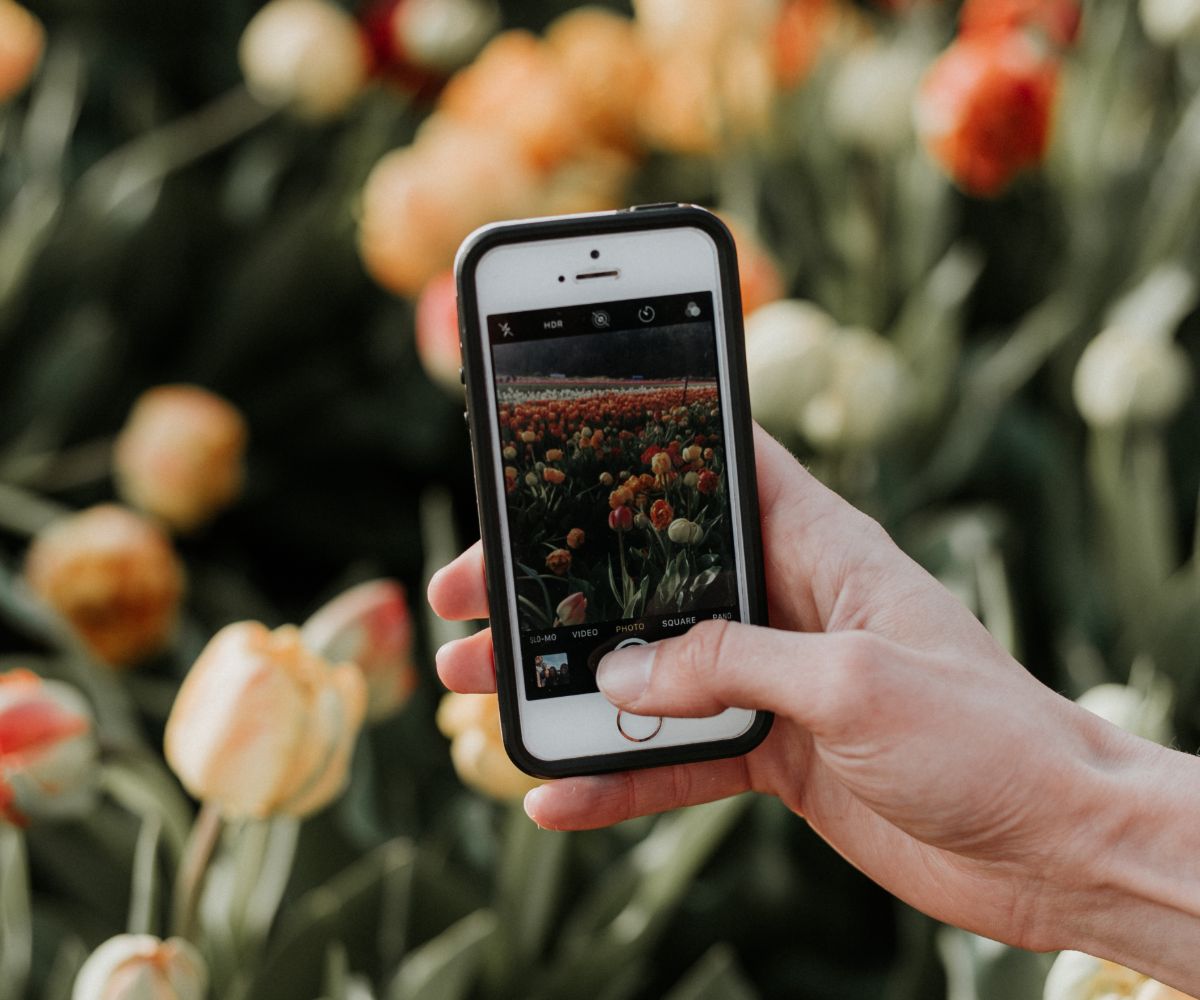Smartphones. What precious things they have become to us as individuals, right?
We all have them, or are aware of the next upcoming, sparkly new toy, soon to be entering our lives — when we get a new one, it feels like being a child at Christmas time.
The ever-developing world of technology is an aspect of life that has essentially become the norm for us.
Whilst for the vast majority of the time this may be deemed a positive thing, we tend to ignore the damage that our smartphones create for a multitude of aspects in our lives, most importantly, our health.
As the old saying goes, our bodies are temples: they are a reflection of our individual selves.
Everything we do in our lives affects our overall wellbeing, energy, and health — which in turn becomes reflected in our presence.
However, a common thought that is often forgotten, is that our health is not solely determined by what we eat, but also by what we read and pay attention to in the media.
How do we absorb this information?
Through the small device that has become inseparable to our mind and body, keeping us all connected via an interactive screen.
Is technology addictive?
Technology can be addictive — it essentially acts as a drug for our human minds on a daily basis.
I was fascinated to read about the research on the matter, for starters.
Researchers have created assessments to gauge the different domains of technology addiction.
Such efforts include, but are not limited to, the Compulsive Internet Use Scale, the Mobile Phone Problematic Use Scale, the Bergen Social Media Addiction Scale, and the Multidimensional Facebook Intensity Scale.
As human beings, one of our great abilities is knowing that we are capable of understanding each and every emotion that crosses our paths.
Boredom, sadness, frustration and even anger are just some of the feelings we encounter.
When these occur, why don’t we dedicate precious time to focus on self-reflection and self-understanding?
With our “always-on” state of being and devotion to hustle culture, we tend to feel bad when we have a little time to dedicate to ourselves, and this guilt spans generations.
We have become completely accustomed to the presence of social media, which is deemed normal.
As individuals who have grown up in the prime of its presence, it is destroying our sense of self, our ability to interact: it is withdrawing basic human needs.
Going past the feeling of discomfort

When you are reading through this article, I want you to think about your relationship with technology, how frequently it occurs in your life on a daily basis, and why you turn to it during those times of unpleasant emotion.
You are human, and to feel uncomfortable feelings is normal.
Embrace them, understand them, but most importantly, understand yourself.
You will always be the best version of yourself when you are surrounded by positive energy, positive people and self-positivity; you are not defined by the number of likes you get on your latest Instagram photo.
Whilst this may seem utterly abnormal, we are actually the abnormal ones, completely engrossed in the most recent trending topics on Twitter, rather than the special, unique moments in life.
Scientific studies show just how much social media affects our mental health, with a direct correlation between social media use and depression. It’s making us more anxious, too.
Anecdotally, you’ve probably felt social media anxiety at some point and, with this, you may have revalued your relationship with technology altogether.
Think back to when you were younger, your way of interacting, your way of communicating with your friends and family and your way of having fun.
Why does that have to disappear since the evolution of smartphones?
See your phone for what it is — a device for making telephone calls and replying to messages.
That is the original purpose of them and when they become more than that, we lose ourselves in the realm of it all.
We get absorbed into a vicious cycle where we lose our individual identity, doubt ourselves, compare ourselves to others forget about what is important in life.
It is the simplest of things that make huge changes.
Your morning wake up call
When you wake up in the morning, do not resort to grabbing your phone, checking your emails, scrolling through endless feeds on social media, checking your TikTok or putting up a good morning tweet.
Get a big glass of water in your system, eat a nutrient-filled breakfast, go for a walk or a run and start your day immediately on a positive note.
Your mind will feel alert, your body will feel energised, your energy will be positivity fuelled.
Wake in the morning and understand your body, engage and grasp what it needs when it wakes up.
It needs its fuel to help you function properly for the twelve hours ahead, not repetitive, dull information.
If you start your day on the right note, the rest of the day will undoubtedly follow in the same positive way.
Reinvent relationships

Smartphones not only create a barrier between understanding ourselves and our self-reflection, but they also create a barrier between personal relationships.
It is so vital that your smartphone does not become the only way of communicating in your relationships, whether it is with your family, friends or partner.
Personal and face to face interaction are extremely rewarding and fulfilling — it keeps us up to date with loved ones, lets us understand their emotions and life events alongside our own, and it unites people, strengthening already prominent bonds.
Don’t let the focus on smartphones and social media over-ride those important relationships and life events that should be shared together.
Will your smartphone live on your nightstand?
“Behavioural addictions are harder to treat; normally we’d advise abstinence, but technology is inescapable today — you need it for work, everyone has a screen” – Rebecca Sparkes, psychotherapist
The main thing is to understand the place in your life for your smartphone.
According to the UK’s communications regulator Ofcom, 15m UK internet users (around 34% of all internet users) have tried a “digital detox”.
After being offline, 33% of participants reported feeling an increase in productivity, 27% felt a sense of liberation, and 25% enjoyed life more.
But the report also highlighted that 16% of participants experienced the fear of missing out, 15% felt lost and 14% “cut-off”. These figures suggest that people want to spend less time online, but they may need help to do so.
Why do you need to use it? Is it just to fill spare time, or does it heal a void caused by unpleasant emotions?
Learn to devote time to yourself, get to know you, your emotions and thoughts without the assistance and cue of your phone waiting for its appearance.
Leave your surroundings without your phone. Enjoy time with loved ones, enjoy the great outdoors and enjoy time with you.
Do not let your phone become the sole purpose of everything — never lose touch with what is important.
Learn why rest will be your superpower to achieve success this year


